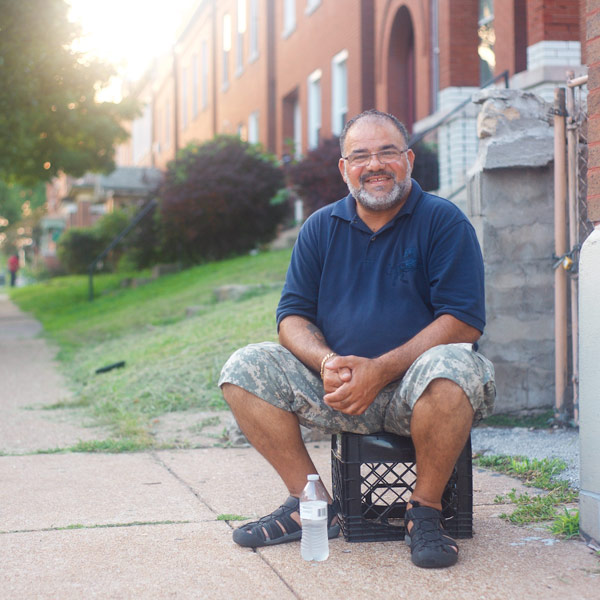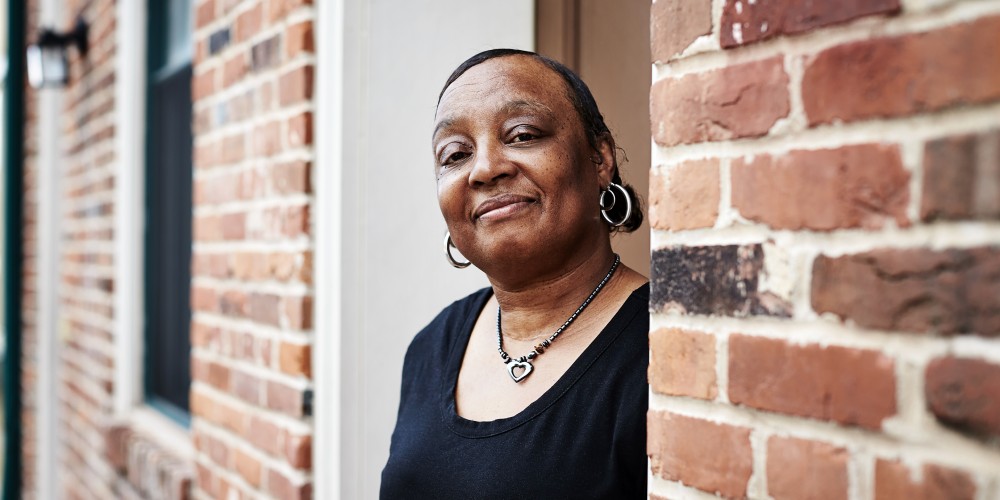Crisis Response
Supporting community response approaches to behavioral health crises.


About crisis response
In most communities, when someone is experiencing a mental health crisis or a drug overdose, law enforcement are the default first responders. This can make a bad situation worse, with people being sent to jail or the emergency room rather than getting the help they need.
The police themselves have said that we ask them to do too much. They want to focus their efforts on solving crimes, and other service providers should handle emergency calls about addiction, mental illness, and homelessness.

Why it matters
We all want to live in safe communities where we look out for one another. But what we‘re doing isn’t working. Instead of solving problems caused by a lack of services and opportunities in many communities, we’re locking people up. We need a common-sense approach, using proven alternatives to prison, such as mental health and drug treatment services, to ensure all Missourians have the support they need to live healthy lives and to improve the well-being of all our communities.

How we’re changing things
Diverting to Care focuses on how and by whom behavioral health emergencies are handled because people with mental health or substance use disorders are best cared for in their communities — not in jails or prisons or through law enforcement and criminal justice interventions.
As part of this initiative, we’ve partnered with four organizations from around the state to uncover solutions and test ideas. Our second round of community-based projects launched on September 1, 2023 with five rural counties bringing together public health, behavioral health, law enforcement, community organizations, and impacted community members to explore new ways to support someone experiencing a mental health or substance use issue. In addition to working in their specific communities, the five counties will collaborate with Reframe Health and Justice to share learnings and help identify commonalities across rural communities that could benefit diversion efforts more broadly in our state.
We’re also supporting an effort led by Missouri Behavioral Health Council in partnership with Missouri Office of State Court Administrators to work with health care providers, law enforcement, judicial leaders, and community members to assess available resources and identify gaps across every county in the state. Statewide mapping will inform strategies to strengthen needed services in communities to prevent people with mental and substance use disorders from coming into contact with the criminal justice system.

Behavioral health crises need a behavioral health response.
1 in 4
Police fatalities involve a person experiencing a mental health crisis.
988
The universal three-digit number for mental health and suicidal crises.

Response teams work to de-escalate a person in crisis and connect them to support to help them on their path to recovery.
Get in Touch
Reach out to one of our contacts for more information.

